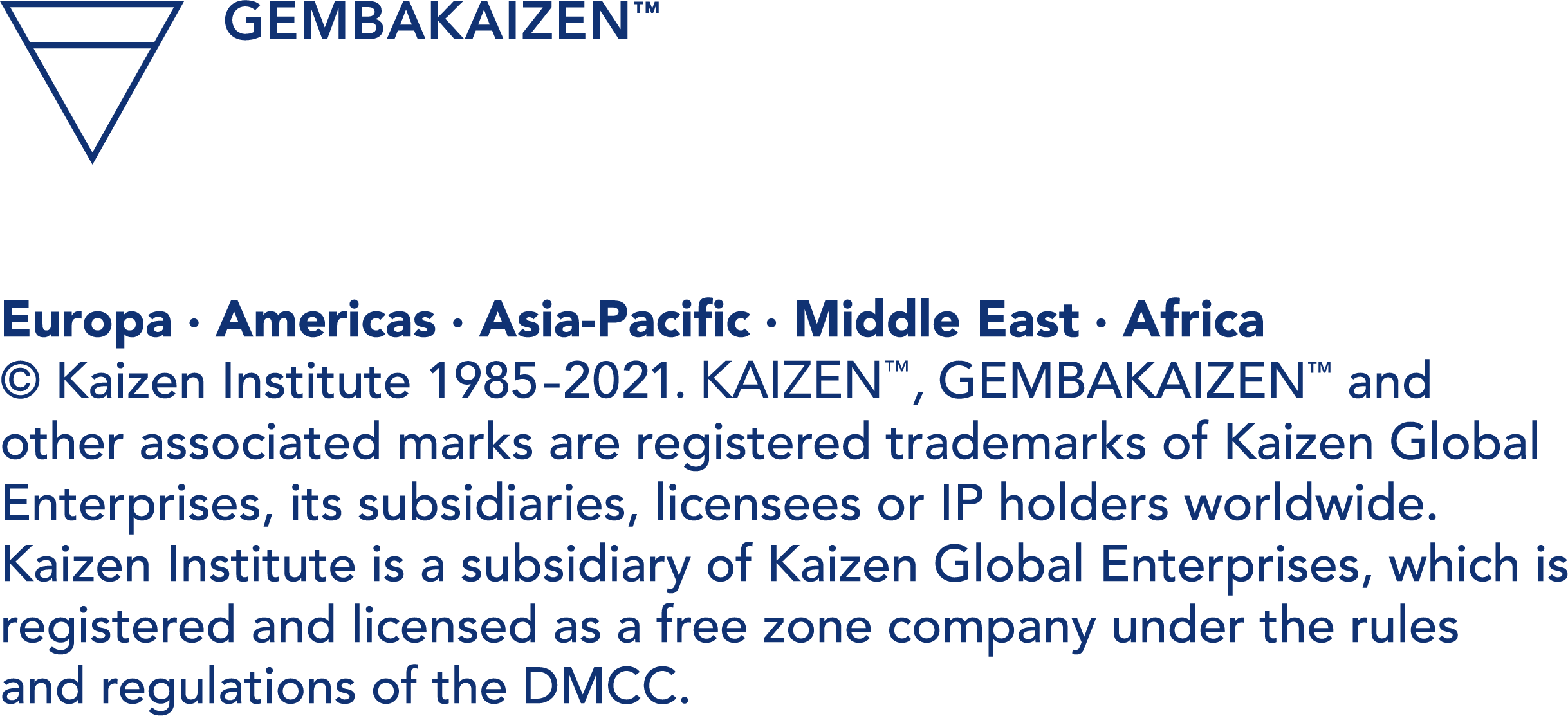It has become accepted wisdom that to be successful in taking one's organization through a Lean transformation, the leadership team must engage a sensei. Being a Japanese word for “teacher”, and one of the most highly respected of professions, a sensei should also be a master of their subject or craft. In this day when it is not always clear what one means by “lean” and a large number of people are claiming to be sensei, it can be hard to know if that person is a great teacher or something else. The recent Wall Street Journal article titled Four Ways to Spot a Great Teacher raised the question of how parents can secure a good education for their children. What matters in fact most was not the head of the school or its various programs, but getting the learner connected with a great teacher. The WSJ article cites research that “children's test scores rise by as much as 8% in reading and math” when taught by an effective teacher.
How many of us choose improvement paths based on the attractiveness and promise of the programs? How many of us are convinced to follow a particular path towards performance improvement by a particularly charismatic person? How many of us try to improve our business performance simply by seeking the guidance of an effective teacher?
The article asks, “So how can a parent identify superb teaching? Clearly, great teachers begin by loving children.” Perhaps the Lean management corollary is “great senseis begin by loving kaizen”. The article went on to identify four "actions and mind-sets” for great teachers. These four can be adapted to be true for senseis also, who if they are great...
• Have active intellectual lives outside their classrooms.
The article states that “teachers with large vocabularies are better at their jobs because this trait is associated with being intelligent, well-read and curious.” From my personal experience, I can affirm that the Japanese sensei who taught me the most about business, leadership and performance improvement were the ones who were always ready to share with me details of a book they had read recently and were able to link their teaching to examples from a broad range of topics and events in history. They did not hesitate to ask me questions about local customs or cultural practices that were new to them. Those who only wanted to talk about work, technical aspects of of the Toyota Production System, or KAIZEN™ may be been great teachers but not true sensei. It makes sense that the person with a curious mind, over time, would also have more to give back to students.
• Believe intelligence is achievable, not inborn.
In my exposure to great sensei, as well as to many Lean leaders who I respect today, there are no elitists. I can say without doubt that those who exhibited a strong belief in their intelligence were not the best. Intelligence is not only achievable, it is dynamic. A great sensei approaches every situation with appropriate humility. He knows that the smartest person today who stops learning will not be as smart as the learner who starts with less mental gifts but never stops improving. This is both a central lesson in kaizen, as well as in the selection of a great sensei.
• Are data-driven.
This is implied from the above two points. To learn is to gather information, infer conclusions, test hypotheses, revise, gather more facts, repeatedly. True Lean sensei insist on genchi genbutsu, going to see and managing by facts, much to the chagrin of elitist learners who are sure they know the answers and prefer to stay in the office and debate them.
• Ask great questions.
The sensei is notoriously an asker of questions rather than a giver of answers. If your sensei has a bias towards answers rather than questions, be wary. This is to stimulate thinking on the part of the learner, gathering of facts, stretching intellectual boundaries and checking assumptions. And it’s great cover to buy time when the sensei doesn’t have a clue either.
What would an 8% improvement in the fundamentals of your business mean to you? Why not put yourself in the presence of a great sensei?












